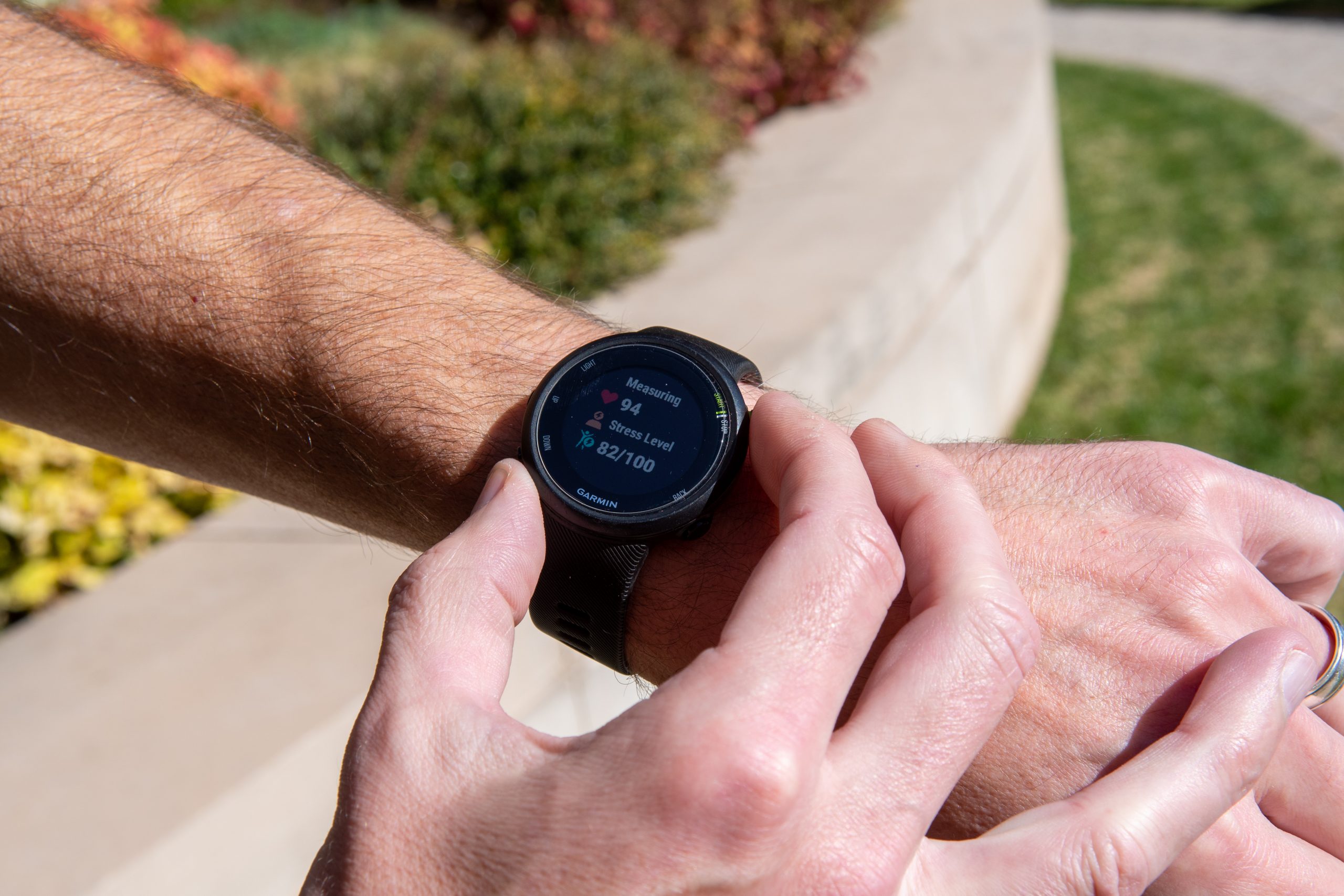Each week, OMRF Chief Medical Officer Dr. Judith James opens “Adam’s Journal” to answer a medical question from Adam Cohen, OMRF’s senior vice president & general counsel.
Adam’s Journal
One recent morning, my Apple Watch alerted me that it had detected a change in my resting heart rate. Specifically, my baseline pulse had increased over the previous few days.
I shrugged it off, thinking that perhaps it had something to do with the fact that I was attending a conference in Golden, Colorado, elevation 5,675 feet. But a few days after I got home, I tested positive for Covid.
So, what caused the bump in my pulse? Altitude? Illness? Both? Neither?
Dr. James Prescribes
Smart watches and other wearable devices have opened up a whole new world of biometric feedback, and we’re just beginning to scratch the surface of what they can tell us.
The bump in your resting heart rate was at least partially attributable to the higher altitude. At a mile-plus above sea level, the air contains less oxygen. However, your organs and tissues still require the same amount of oxygen they do in Oklahoma City.
The solution? The heart, which delivers oxygen to your brain, muscles and the like by your blood, pumps more frequently. So, even though your blood is less oxygen-rich, the increased supply rate compensates.
Now, could your increased pulse rate also have been related to your impending case of Covid?
The altitude was probably responsible for most of the uptick. But it’s also possible that your yet-to-be-detected Covid infection played a role.
A study from researchers at Stanford University found that smart watches were able to flag pre-symptomatic cases of Covid 63% of the time, and one of the key indicators was a rise in resting heart rate.
Not surprisingly, the scientists also found other smart watch data – increased sleep and decreased walking activity – that signaled a likely infection, whether Covid or some other illness. And other studies have identified additional data points from smart watches that act as bellwethers for Covid cases, most notably a decrease in heart rate variability, a measure of the difference between consecutive beats of your heart.
Taken together, these data could help predict the onset of Covid – and, I suspect, other illnesses. However, in your case, the biological changes that came with your visit to a higher altitude likely would have clouded the picture.
–
James is executive vice president and chief medical officer of the Oklahoma Medical Research Foundation. Cohen, a marathoner, is OMRF’s senior vice president and general counsel. Send your health questions to contact@omrf.org.



